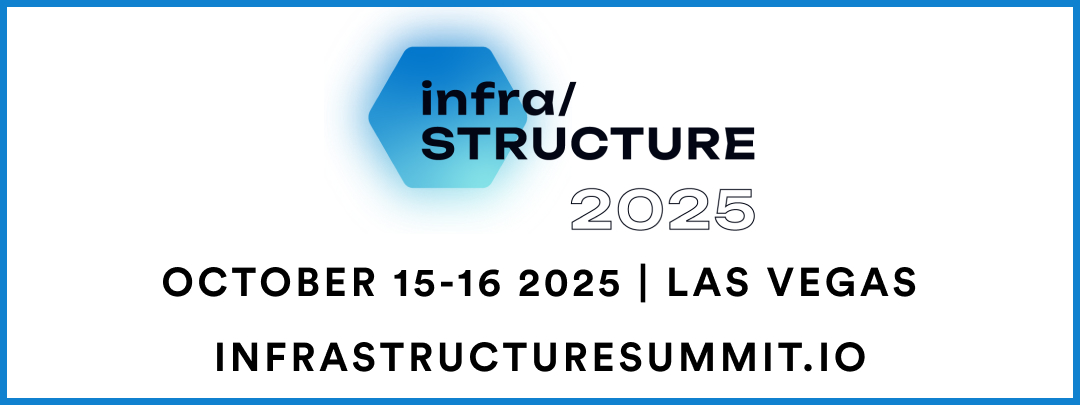WSS: Hyperscale going nuclear, energy at the centre of sector dynamics that are playing out globally
Energy constraints, needless to say, are having an increasingly profound impact on the sector. And in the last several weeks, it has become apparent that hyperscale platforms are moving aggressively to deal with this challenge. Not that long ago, nuclear energy was not really on the sector’s radar. But it has pushed to the forefront of the conversation as hyperscalers look to lock down large volumes of energy sources outside an increasingly strained grid. AWS acquired a nuclear-powered site and data centre assets in Berwick, Pennsylvania from Talen Energy earlier this year and will build out over 900MW of capacity there. This was clearly not a one-off. Amazon is now exploring SMR technology and recently signed a number of agreements to develop nuclear energy projects and technology in Washington and Virginia. Nuclear energy is not just about carbon-zero goals, but accessing reliable and stable energy with good economics. The move into SMR technology is about flexibility with the blocks of capacity deployed, cost of development and the all-important consideration of time-to-market. What made these past few weeks particularly interesting was the fact that AWS was not the only hyperscaler doing things in nuclear energy. Google confirmed that it would also explore SMR technology through a partnership with Kairos Energy, while earlier in the month, Microsoft signed a nuclear PPA in Pennsylvania and Oracle mentioned data centre projects powered by nuclear on its recent earnings call.
The prioritization of nuclear in the data centre sector is a response to the increased power constraints, and at the same time, one of the most obvious demand signals. Hyperscale platforms are looking for unprecedented quantities of energy and are procuring and planning for the next decade and beyond. There is more evidence of this demand in energy company pipelines and we looked at some of the details coming out of the last earnings season from Dominion Energy, Xcel Energy and Duke Energy. Speaking of earnings season, it will kick off this week, with Amazon’s results looking to set the tone, with data centre bellwethers Digital Realty and Equinix reporting as well.
The role of energy at the centre of the ecosystem continues to shape the landscape. We have closely tracked the operating platforms that are master-planning data centre parks. These operators are focused on the pre-development phase and marshalling land and energy and handing it off to operators and hyperscalers for development. The energy companies are working with these master planners or getting involved directly. Lancium in Texas has an energized site in Abilene, Texas that Crusoe Energy will procure and develop for Oracle Cloud and its anchor tenant OpenAI. The project is a massive one and a JV was formed to supply the capital and resources. Blue Owl Capital and Primary Digital Infrastructure will team up with Crusoe Energy to develop the facility, which will see hundreds of MWs come online, with the ability to get up close to 1GW.
As mentioned, energy consumption is a clear demand signal, but investor appetite is another, and in the past week, we saw a pair of major transactions supporting US-based operating platforms. These operators are seeing demand rise with the advent of AI and the continued growth of hyperscale, and they are going to double down and go after it. AustralianSuper acquired a stake in DataBank and invested $1.5b, teaming up with DigitalBridge and others, while Morgan Stanley Infrastructure Partners became a co-controlling investor in Flexential, alongside GI Partners.
The growth and opportunity being pursued by investors is also global in scope. UAE-based DAMAC Group formed a data centre venture called EDGNEX Data Centers and it has maiden projects in Indonesia, Thailand and Saudi Arabia. It formed a JV to push forward its Thailand market entry and also revealed plans to enter the market in Madrid. There were other large-scale moves as well. Blackstone is making an $8.2b investment in Spain, while CloudHQ confirmed its UK investment.
Finally, we have some details about a recent outage at a Digital Realty data centre in Singapore caused by a fire. Fortunately, nobody was hurt, but the incident caused downtime for hyperscale cloud services, and speaks to the fragility of Internet infrastructure, which is always going to be subject to human error, environmental contingencies and accidents. Sometimes, these things are outside the ability to be controlled. But what can be controlled is resiliency, redundancy and planning. And the lesson from this incident is that both operators and tenants need to work more closely together to make sure all the angles are covered. Both have a vested interested in mitigation.
or



